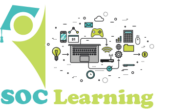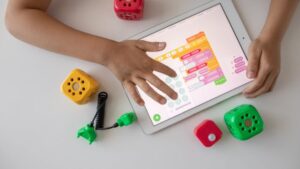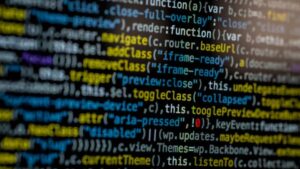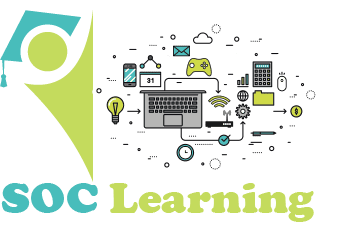Introduction
In today’s digital age, coding has become an essential ability for pupils. It’s no longer just for computer science geeks; it’s a springboard to problem-solving, creativity, and future professional success. Coding empowers students in inconceivable ways a few decades ago, from creating websites to designing apps and even automating daily tasks. But why is coding important for students? Let’s look at seven convincing reasons why every student should start coding today!
Why is Coding Important for Students? 7 Powerful Reasons to Start Learning Today!
1. Enhances Problem-Solving Skills
Coding helps students how to break down big issues into small chunks, a technique known as computational reasoning. This logical problem-solving method is useful in programming, mathematics, physics, and even real-world decision-making. Research indicates that pupils who learn to code perform better in analytical courses.
2. Promotes creativity and innovation
Coding is more than just writing lines of code; it is about developing anything from beginning. Coding encourages creativity, whether it’s designing a game, creating a website, or making an application. Students learn to explore, take risks, and think outside the box, all of which are useful qualities for any career.
3. Prepares students for their future careers
The demand for coding talents is soaring across businesses. According to a World Economic Forum assessment, 65% of today’s kids will be working in jobs that do not yet exist. Coding is vital for future professions in fields such as artificial intelligence, cybersecurity, and fintech. Students who learn to code early have a competitive advantage.
4. Promotes Persistence and Resilience
Coding frequently entails debugging—correcting problems in a program. This procedure instils in children endurance, patience, and the ability to learn from mistakes. By overcoming coding hurdles, students gain resilience, which is a valuable trait in both academic and professional settings.
5. Promotes teamwork and collaboration
In the actual world, coding is rarely done alone. Coding fosters collaboration, whether it is through software development initiatives or contributions to open-source communities. Students learn how to collaborate, share ideas, and communicate effectively—all of which are critical abilities for any vocation.
6. Improves academic performance
Coding improves pupils’ logical reasoning and capacity to understand difficult subjects. According to studies, students who code outperform their peers in STEM courses. It also enhances critical thinking and decision-making abilities, promoting general academic improvement.
7. Encourages students to become digital creators
Instead of simply receiving digital content, coding enables pupils to create it. They can design their own websites, create mobile apps, and even launch their own tech companies. This allows individuals to take charge of technology rather than simply being passive users.
Conclusion
The question isn’t only why is coding important for students, but when can they start? Coding is an extremely useful talent that improves problem-solving, creativity, and career readiness. Whether a student aspires to be a software developer, an entrepreneur, or a scientist, coding provides the framework for success.
With so many free materials and beginner-friendly programming languages accessible, now is the best time to get started. So why wait? Encourage your youngster or student to explore the world of coding now and discover unlimited possibilities!
Frequently Asked Questions About ChatGPT Prompts for Marketing
There is no “best” age to begin coding. However, research suggests that children as young as five may acquire the fundamentals of block-based programming languages such as Scratch. As students progress, they can learn more advanced languages such as Python and JavaScript.
While a rudimentary background of numbers is beneficial, coding is primarily about logic and problem solving. Many coding languages feature simple syntax, making them accessible to students with all levels of math ability.
Beginners can begin using Scratch for visual programming, Python for simplicity, and JavaScript for web development. As students advance, they will be able to learn Java, C++, and other specialised languages.
Parents should support coding by giving their children access to online coding platforms, enrolling them in coding classes, and instilling a growth mentality. Websites such as SOC Learning provide interactive coding lessons suited to pupils.
Yes! Several platforms provide free coding training, including:
- Scratch (For Beginners)
- Code.org
- Khan Academy,
- W3Schools, and
- SOC Learning (https://soclearning.com/)







